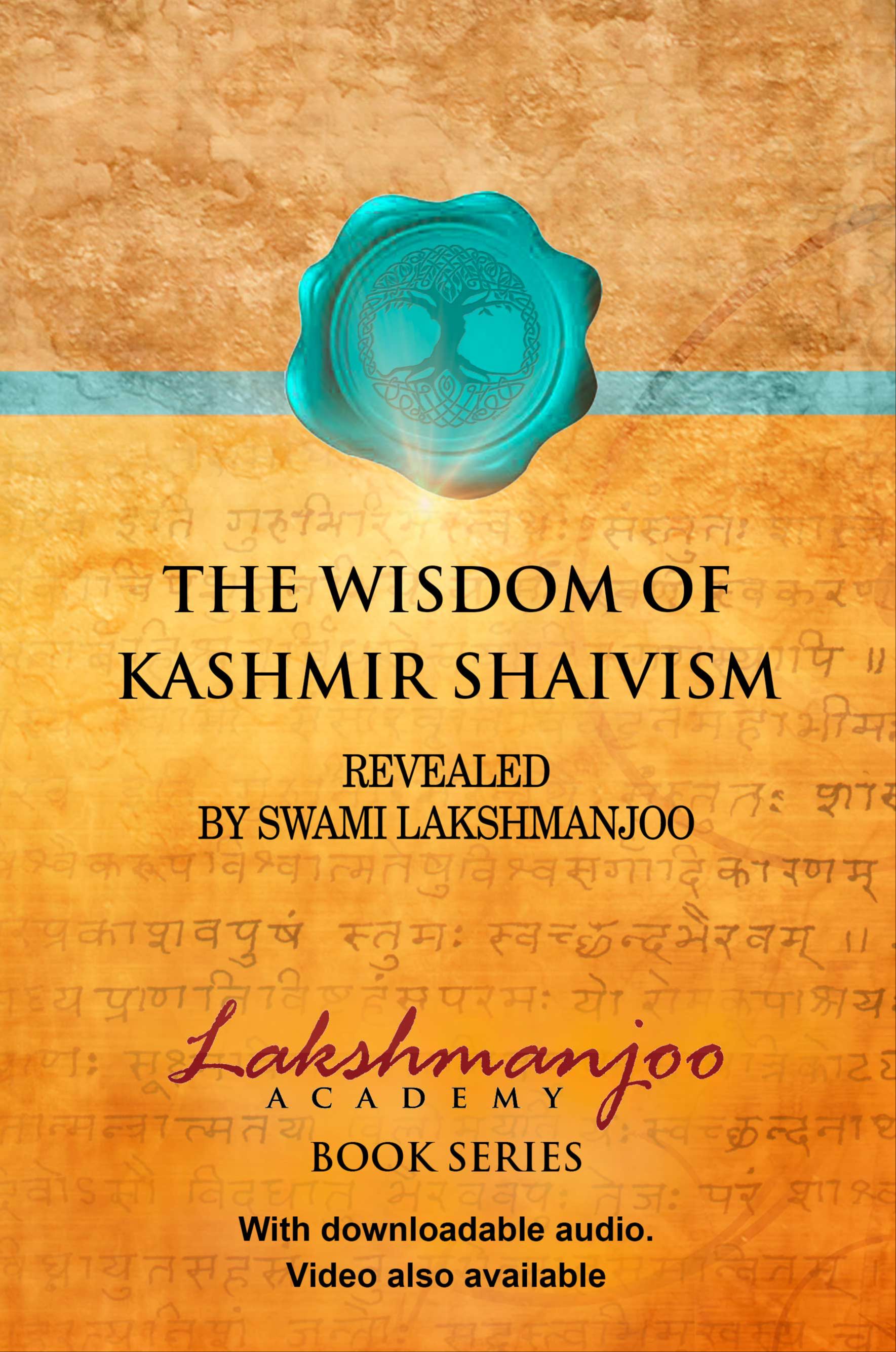
Swami Lakshmanjoo explains the different ways of (sāttvic, rājasic, tāmasic) acting in this universal drama, as revealed in the Shiva Sutras: The Supreme Awakening, by Swami Lakshmanjoo. (The transcript below is different than the book text)

[Intro for sūtra 10.]
Now in his theatrical dress evaṁvidhasya asya jagat nāṭya nartakasya, while he steps in the play of drama, acting, his way of acting is explained in next sūtra, the 3rd chapter, 10th sūtra.
raṅgo ‘ntarātmā // 10 //
Raṅga means various ways of playing various parts. For instance, when he plays the part of Rāma, he plays the part of Sītā, he plays the part of Pārvatī, he plays the part of so many things in this drama. And this playing is in three ways. One is called abhinaya. Abhinaya means just to copy. When you copy the acting of Rāma, and the spectators must feel that you are actually Rāma. Spectators must not feel that he is such and such person acting as Rāma. It must be sāttvic abhinaya, this is sāttvic abhinaya. Rājas abhinaya is you feel something of Rāma, but on the other hand, you feel that he is such and such person . . .
JOHN: Actor.
SWAMIJI: . . . he is actor.
You must totally ignore that he is actor. This is the way how great heroes play the part of various parts. This is called sāttvic abhinaya. [In] rājas abhinaya you get hint of that player, Rāma, and the rest you feel that he is the actor. And tāmas abhinaya is absolutely you feel that he is actor, he is nothing else, he is only playing as Rāma, he is not actually Rāma. But you must feel, spectators must feel that he is actually Rāma playing. This is the way great heroes in this universal field act.
And that hero is here antarātmā; antar, internal soul, not external soul. Raṅga antarātmā; raṅga means the player; the player is antarātmā, internal soul.
rajyate’smin jagannāṭyakrīḍā pradarśanāśayenātmanā iti raṅgaḥ,
Raṅga means the playing, jagat nāṭya krīḍāpradarśanāśayena, just to reveal the universal drama. He plays in this universe just to reveal the universal drama that, “this whole universe is actually drama, universal drama.”
tattadbhūmikāgrahaṇasthānam; antrātmā,
The place of the stage where he holds the various ways of becoming actor, various actors (one actor is Denise, one actor is here in this universal drama, I am another actor), and from the universal point of view this whole acting is done by that internal soul. Internal soul is only one, playing part of Denise, playing part of John, playing part of Lakṣmaṇjoo, playing the part of Andy and others. Actually, the internal soul is one and he plays various parts in this universal drama. That is antarātmā, internal self.
saṁkocāvabhāsasatattvaḥ śūnyapradhānaḥ prāṇapradhāno vā puryaṣṭakarūpo dehāpekṣayā antaro jīvaḥ/
(not recited in full)
Because he is shrunk, he is shrunk from that expansion of universality. You may call it śūnya pradhāna, prāṇa pradhāno vā puryaṣṭaka rūpo: śūnya pramāta, prāṇa pramatā or puryaṣṭaka pramātā. Not deha pramātā, not that soul which is residing in wakefulness. [It is] the soul that is residing in dreaming state or dreamless state.
tatra hi ayaṁ kṛitapadaḥ
There he has stepped in that field of drama.
svakaraṇaparispandakrameṇa jagannāṭyamābhāsayati /
And there he puts his steps for dance and reveals the drama of the universe by infusing the spanda of his organs. Spanda means movement of organs. Sometimes he is sad, sometimes he is weeping, sometimes he is laughing, this is all play. In fact, he is neither laughing nor dreaming nor sad nor joyous. He is one, as he is always.
uktaṁ ca śrīsvacchande–
This is already explained in Svacchanda Tantra.
puryaṣṭakasamāveśād vicaraṇsarvayoniṣu /
antarātmā sa vijñeyaḥ . . . . . . . . . . . . //
(Svacchanda Tantra 11.85)
By entering in the subtle body of puryaṣṭaka . . .
You know puryaṣṭaka?
Puryaṣṭaka is that body which is found in dreaming state. That is puryaṣṭaka, that body.
. . . and he enters in that puryaṣṭaka body and he takes the journey in each and every womb in this universe. Thus he is called antarātmā, he is really antarātmā, the interior self.
|| End of text for sūtra 10 ||






